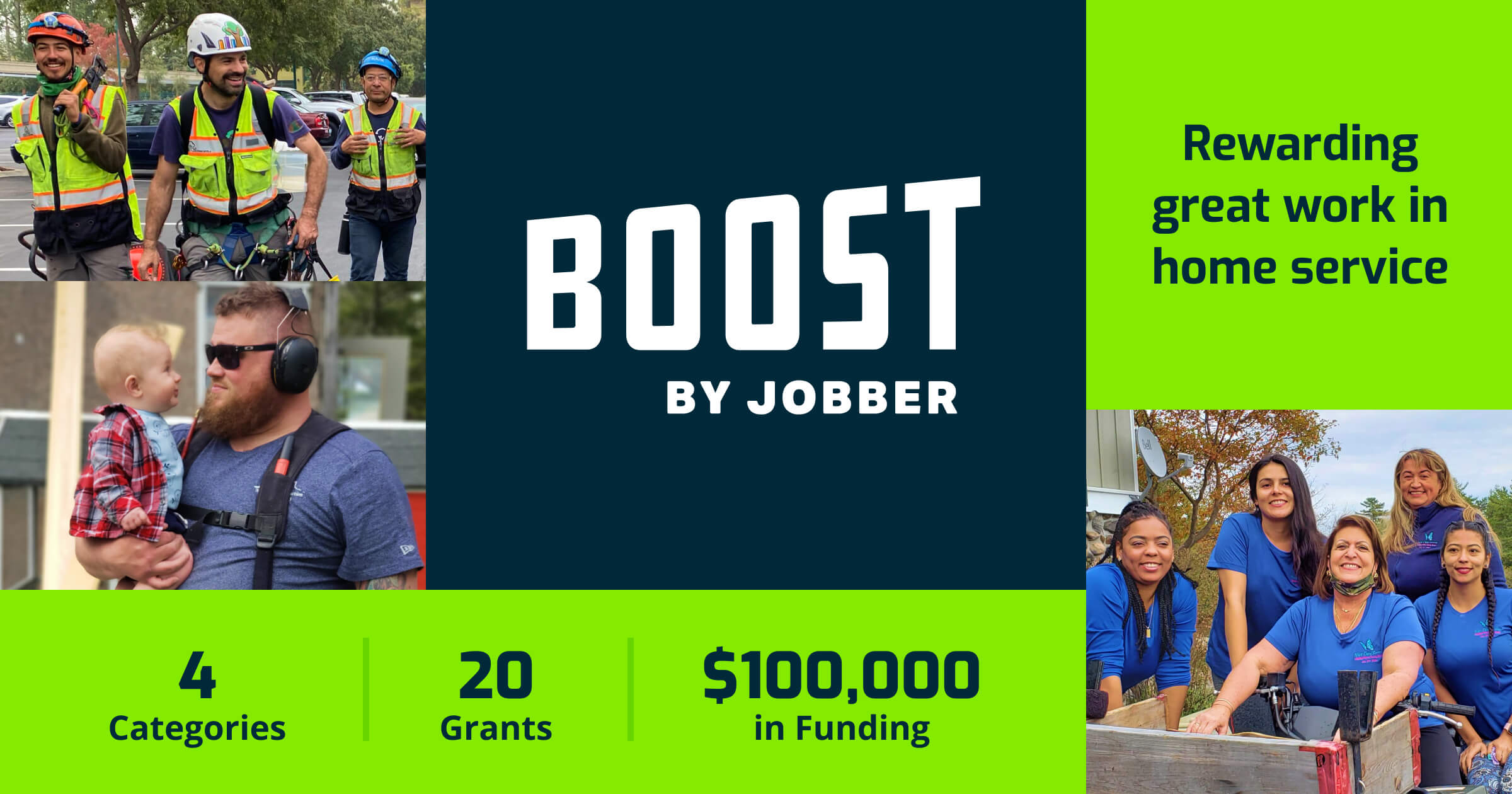When Greg Ford left a successful corporate career to become a midwestern powerhouse for MaidPro, his intentions were anything but plastic.
CBT: What was your background before you opened your cleaning business?
GF: Graduating in 1974 with a BS in Chemical Engineering, I began a 20-year career in the process control and engineering plastics arenas. For the next 10 years, I managed the development of plastic molding for a very large international corporation, and I managed engineering, research & development, and manufacturing organizations that used highly specialized plastic materials. In essence, I was a plastics geek.
CBT: What research did you do when you started your company?
GF: When I got to the point that I could no longer stand corporate politics and the manufacturing environment any longer, I needed to find out what I really would enjoy doing. I had never run an entire business before, just a piece. Sometimes a big piece, but never in marketing or finance. I knew my limitations, so, to start my first business, I didn’t want to accept a lot of risk of failure. I needed someone or some organization to help me learn and which already had systems established for all the aspects of running my own business.
[EasyDNNnewsToken:Left Justify Embed 300 x 250]Since franchised businesses have a much higher success rate, proven systems, etc., I chose to go that route. So, I contacted FranNet and FranChoice. These franchise consultants go to extreme lengths to find out what you want and what you’re capable of doing. They delve into many areas including intellectual, financial, and personal preferences and desires to match you with companies (franchises) that fit the model they develop. The reason I chose to ask two different consultants was that I wanted to see two perspectives on my life. This process highlighted my skills as well as my weaknesses. Each one supplied me with 6 – 12 different types of franchises, not just maid services, for me to investigate further. They set up interviews with the leadership of the different franchise choices so I could discover if they fit me or not.
Discovering which franchise opportunities seemed best, I then developed a survey with 27 questions to send out to existing franchisees of these different companies. I not only called and e-mailed them, I also visited many of them in their offices. I wanted to know the reality of what it was like running one of those businesses. When it came around to the maid companies, I did the same thing and then I went outside the consultant’s recommended companies and contacted nearly all the competitive organizations with the same investigative process: all of the top maid franchises in the country. I contacted their franchise headquarters personally and went through the same process, putting all of the survey data in the spreadsheet in order to make a fair comparison. When it came to going on a “Discovery Day,” what franchisors use to introduce you to the organization in their headquarters, I took my wife as well. I’m now old enough to know that she has perceptions I don’t have. I’ve got the data; she’s got the intuition.
CBT: Did you look at other industries?
GF: I looked about twenty different industries, but settled on entering the maid service industry because of its fairly consistent growth (about 20%/year at the time), the hours of operation, the recurring revenue model and a number of other factors.
CBT: Why did you decide to open a MaidPro franchise?
GF: After visiting with all the larger maid franchises and going to see many of their franchisees, MaidPro was the last on my list because it was the newest and smallest franchise at the time. They also had the most “in your face” marketing which was very contrary to the market norms. That was very “scary” for me.
MaidPro also required that I read the book The e-Myth by Michael Gerber prior to moving forward with them. That was the most incredible book. It put so many issues in clear perspective about running a business. I believe it should be required reading for anyone starting their own business. But back to the story.
But back to the story. I went to Boston to visit MaidPro and found a completely different franchise model than the eleven others I’d already gone to see. There were a number of differences, but the most important positive ones were:
1. I felt like I was buying a future that I could dictate, not a job.
2. MaidPro is not militaristic about how they managed franchisees.
3. MaidPro has significant development programs for the franchisees that continue throughout the life of the franchisee: weekly workshops, mentors in the field, mentors from the home office.
4. They honor franchisees who develop new and better ways to run the business; i.e., it was more of a partnership vs. a dictatorship. MaidPro has incorporated many of our ideas into their best practices.
5. They value employees higher than anything else and dedicate all work processes to make the employee realize they have the best job ever.
6. They have powerful, effective software that manages all aspects of the business except accounting; MaidPro prefers Quick Books which runs outside of the operational software.
7. They are less expensive to own and operate than other franchises.
8. You are rewarded for growing the business with reductions in royalties paid to the parent corporation.
CBT: What were some of the biggest challenges you faced when you first started out?
GF: It was hard to get over the “fear hump” of just doing the job. It was all new; I had to face the unknown, open myself to rejection from customers who chose not to do business with me, deal with customers – good and bad, hire good employees and manage them properly, deploy consistent solid marketing plans, develop the metrics to track my business properly, and learn all about finances and financial software. I could tell you the most esoteric things about plastics, but business? I knew squat. Again, thank heaven for The e-Myth and my great mentors at MaidPro.
CBT: What advice do you have to others facing similar challenges now?
GF: In the service industry, many of the challenges are the same, so there are lots of people out there who can help you, even ones not in the maid business. You need perspective and should seek to get it everywhere you can find it.
To effectively operate in such a way as to survive, it is critical to think of everything you do as a process. Every process should be documented. Then, realize that every process is subject to continual improvement. Nothing is sacred. Everything can be improved. To remain static in our industry is to be going backwards. For instance, this is how we are developing our hiring process (by revision):
Give each candidate a thorough application, talk to them and review it, call a reference or two and hire or not.
Rev. 1: Ask the questions from the new interview list, including day-care issues.
Rev. 2: Give the application and the Orion Survey, then review as before.
Rev. 3: Add background check, finger-printing, and driving record check.
Rev. 4: Add page on how you would drive to different locations in the city (to see if they can get around without a lot of help).
I think you’ve got the picture. This continual improvement process is true of everything we do.
CBT: What do you feel has been the secret to your success?
GF: Many things have contributed to our success so far. The primary reason for our success stems from my faith. I am doing what God put in my heart to do. It’s what I was made for – at last, I found it!
The reason we are in business is to help underwrite an orphan rescue ministry in Cambodia, International Orphan Aid. There are 50,000 orphans in the capital city, and the passion to help these children pushes me forward. It’s something bigger than me, it’s bigger than I can imagine and it is a worthy pursuit. I think I would burn out if I were just in this for myself.
Other contributors to my success are:
Setting up my business with initial processes in place in all critical areas: hiring, marketing, training, customer service, sales, and finance. Then executing them in a proper order: get two people hired and trained, send out the marketing, start selling and scheduling, deal with customers as needed, record everything, compile and analyze the results for the month, and do the same for the finances. You work ON the business, not IN the business (The e-Myth).
This is a business of details, make sure you have people who are detail-oriented managing the operations…and that is not me.
Establish a great company culture. Decide what you want this to look like and articulate it to your employees in ways they’ll understand. “We have fun!”, “We care for each other and our customers,” “We are absolutely honest,” etc. That way everyone knows how the game is played – how to be rewarded and how to be spanked.
Establish a clear marketing plan and spend a boat load of money to get the business off the ground and growing. Getting the business to $40,000/month makes a huge difference in how easy it is to run. The bigger the better because everything becomes much more pliable. We can deliver service with minimal stress now. You can develop the business on a slow growth plan, but it will demand a whole lot more from you personally to make it thrive.
Be good to customers and be sure to get their great reviews online for everyone to see. Reading good books like Good to Great and Blue Ocean Strategy and go to inspirational seminars. Like Steven Covey says, “Sharpen the saw.”
CBT: You now have two offices in separate cities. What are the unique challenges and opportunities come with two locations in different metro areas?
GF: I thought Tulsa and Kansas City would be very much alike in how they responded to our brand and marketing message. Boy, was I surprised, and disappointed. We’ve had to completely rethink how we market up in Kansas City. We still don’t have the silver bullet up there, but at least we’re stable. We’re four hours’ drive away in Tulsa, so we can’t be there very much; that dictates that we have strong capable leadership in Kansas City. That’s something you have to pay for and train for. We have had to become a leadership development company. That is something we were not very well prepared for, so we are just beginning to grow into this.
Migrating our culture to Kansas City is also part of the deal. It’s easy to emphasize the culture when you’re right there every day. So, we developed training systems and procedures to be conducted in Tulsa – to train the folks in Kansas City. Weekly reporting of financial transactions and sales close rates and monthly tracking of metrics helps keep accountability as well as knowing if something is going haywire.
I would say that no one should open a second office until they’re doing about $60,000/month in revenue. It takes a huge commitment and draws your attention away from the “home office.”
The reason I put numbers to this kind of thing is, if you are running a business of that size, you have people in place that are managing it with or for you, so you will have the time to focus on the new business in the other location. My Operations Manager and I would alternate weeks up in Kansas City getting it off the ground and growing. That was tough. Once we got an Operations Manager trained and in place and living there, life became much better.
CBT: What does the future hold for your business?
GF: The future of the maid business, as in any business, is dependent on many factors. The first is the tenacity and creativity of the owner; e.g., “By golly, if Obamacare tries to kill my business growth (we’re about at that magic 50 employee mark), I will figure out a way to survive!” I don’t know how many of you know, but at that 50-employee mark, I would have to come up with an extra $200,000 a year at a minimum. Though we make about 135,000/month, that would sink our ship. The point? No matter what the issue is that we have to face, we’ll figure out a way. We will overcome.
My vision is for 600 customers in both locations, even Tulsa which has a much smaller market size than Kansas City. After nine years, we’re about halfway there. Realistically, I’m hoping to see a 5% compound growth rate over the next 10 years. Maybe even before we hit the 1200 customer mark, we will be able to completely underwrite the Cambodian work, and I can retire with a great staff which will continue to grow and improve the business. Then I can improve my golf swing. Hey, anything’s possible.






